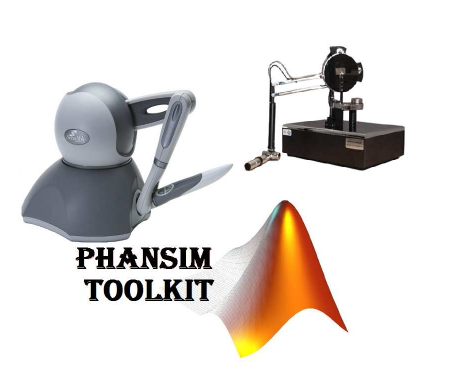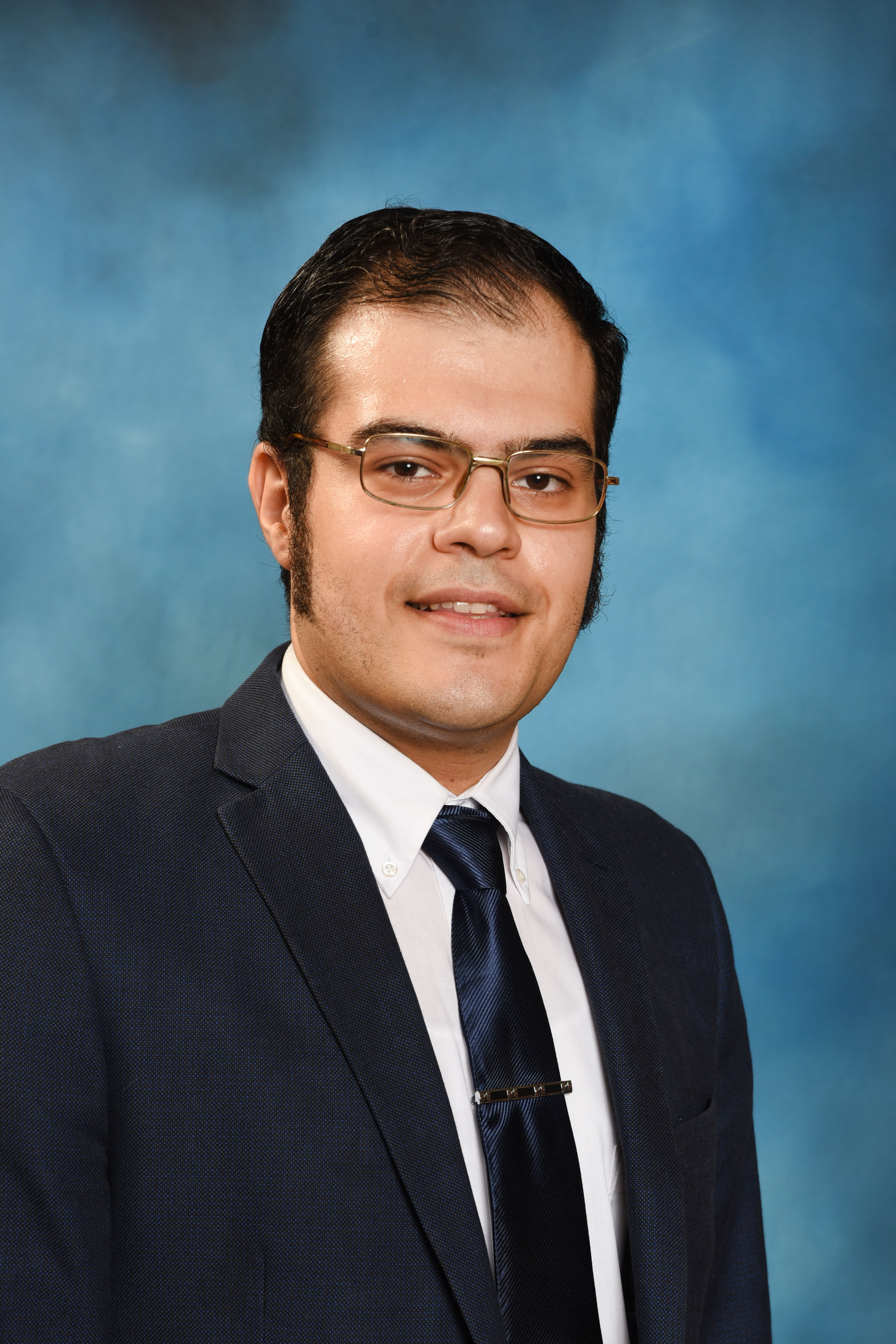About
Alireza Mohammadi is an Assistant Professor in the Electrical and Computer Engineering Department
at the University of Michigan–Dearborn. He is the principal investigator of the Robotic Motion
Intelligence (RMI) Lab, which he established in 2018. He received the Ph.D. degree in Electrical
and Computer Engineering from the University of Toronto, Canada in 2016. During his Ph.D. studies,
he collaborated with Norwegian Centre for Autonomous Marine Operations and Systems (a Centre of Excellence
for research in Norway) on locomotion control of ground and swimming snake robots. In 2011,
he received the Masters degree from the University of Alberta, Canada where he was
with Telerobotic & Biorobotic Systems Laboratory. He joined
the Locomotor Control Systems Laboratory at the
University of Texas, Dallas, as a Postdoctoral Research Associate in November 2016, where he was
using neuromechanical principles in the context of feedback control theory to design wearable
robot control systems. His research interests include robotics, control systems, and cyber-physical systems.
Academic Genealogy

My academic genealogy can be traced back to
Vincenzo Brunacci who graduated from
the University of Pisa in 1788 and
was a professor of infinitesimal calculus (Matematica sublime) at the University of Pavia. His advisors were
Pietro Paoli and
Sebastiano Canovai.
Through the postdoctoral supervisor of Kevin Passino (my academic
grandfather!), i.e., Anthony Michel,
I am also connected to Friedrich
Leibniz, the father of Gottfried Wilhelm Leibniz, one of the founders of calculus.
My Erdős
number is currently 5. I
have coauthored with Robert D. Gregg, IV. The chain
connecting me to Erdős is
as follows: Robert D. Gregg, IV -> Shankar Sastry -> Stephen P. Boyd ->
Persi W. Diaconis -> Paul Erdős.
Teaching
University of Michigan- Dearborn
ECE 543: Kinematics, Dynamics, and Control of Robots
ECE 545: Introduction to Robotic Systems
ECE 4641: Mobile Robots
ECE 3641: Robitc Manipulators
ECE 347: Applied Dynamics
University of Texas at Dallas (as a guest lecturer)
BMEN 4310: Feedback Systems in Biomedical Engineering – Winter 2018 ,
Fall 2017
Description: Feedback Systems in Biomedical Engineering (3 semester credit hours) Notions
of inputs, outputs, and states. Linearity versus nonlinearity. Deterministic versus stochastic systems.
Top down versus bottom up modeling. Sensitivity and reduction of sensitivity via feedback. Introduction
to stability. Feedback for stabilization and disturbance rejection. Numerical simulation and controller
design via computational approaches.
MECH 6324: Robot Control – Fall 2016
Description: Robot Control (3 semester credit hours) Dynamics of robots; methods of
control; force control; robust and adaptive control; feedback linearization; Lyapunov design methods;
passivity and network control; control of multiple and redundant robots; teleoperation.
Contact
Office: ELB 2057, University of Michigan- Dearborn,
4901 Evergreen Road, Dearborn, MI 48128
Email:
amohmmad (at) umich (dot) edu
Software

The PHANToM devices (Geomagic® Inc.,
SC, USA) provide the users in industry and academia with an
opportunity for research and education in virtual reality, haptics,
robot motion control and teleoperation. Traditionally, one has
to develop C/C++ codes using the OpenHaptics
software development
kit (SDK) in order to use these devices. The PHANSIM
Toolkit is an academic/non-commercial Simulink toolkit
for real-time motion control and teleoperation of the PHANToM
haptic devices. [Download]
Elements


